When last did you do a bit of a stocktake of your kitchen waste?
When you start consciously checking and you combine both food scraps and leftovers and all of the packaging it comes in, you get a good idea of just how much rubbish you’re sending to landfills. And it is scary. So much waste.
I did a little experiment last year to see how long I could go without having to take the bin out. It ended up being more than a month because I was actively trying to reduce my packaging, eco friendly shop smarter, and be a superstar composter.
You don’t have to do it all, and you certainly don’t have to try and go zero-waste within a day. Every bit counts, and even if you can simply implement one of these changes in the next couple of weeks, that will make a HUGE difference. Then that becomes the 'norm' in your household, and you can start on something else.
Here are 10 easy ways to reduce your eco kitchen waste and lessen your impact on the environment:
# 1 - Shop from the bulk food store
Yes, you’ve probably heard us say this many times, but it’s so simple. Instead of 100’s of tiny plastic packets, swap to something reusable product. Normalise shopping with your silicone zip locks, cotton produce bags, and glass jars. You know that long paper bag that a bottle of wine is commonly packed in? I keep mine and they go to the bulk store. After you shop, when you use glass jars or our reusable product cotton bags the items can be put straight into storage when you get home. No need for extra plastic and no extra waste.
We use these Cotton Vegetable Bags that are all in natural, unbleached, un-dyed 100% organic cotton net bag. The mesh bags are wonderful for fruit, vegetables, herbs and baked goods, completely eliminating the need for plastic. The solid weave bags are perfect for any smaller items as they are secure and won't escape!
# 2 - Shop at your local farmers markets
Have you noticed how conventional shops often have fruit and veg wrapped in plastic, even when it already has a protective skin? You can avoid the plastic altogether when you shop at your local farmers markets. It’s also a great way to support your local farmers instead of the giant corporations. Remember to take your cotton mesh bags along!!
# 3 - Choose consciously
Can you purchase a cereal that comes in a box vs a plastic bag? Are you able to get milk in a glass bottle instead of a plastic bottle? Maybe make your own nut milk? It's super easy. There are many more sustainable options if you just have a look around. For instance, if you prefer spring/filtered water to tap water, you can buy a filter or get water delivered (the giant 15L bottles are reused) instead of buying 100’s of individual plastic bottles.
# 4 - Freeze leftovers
Instead of just throwing away leftovers, you can freeze them for another meal or creatively reuse them in another dish (more on this later). Did you know you can freeze fresh herbs in an ice cube tray and use as needed? Or that you can freeze chicken or meat bones and veggie scraps in our silicone pouches to use another time ? We use these Silicone Zip Lock Food Pouches that can be freeze and is transparent so you can easily see whats inside! I often make icy poles from leftover smoothie mix and the kids love it!
# 5 - Make stock/soup
Those frozen bones and leftover veggie scraps can be used for stock or soup. Instead of using store bought stock with MSG’s and the works, it’s so easy to make your own and you’ll lessen zero waste in the process.
# 6 - Get creative in the kitchen
There are seriously so many ways to use leftovers. In fact, a whole book was written about it. If you can get your hands on it, I highly recommend “No Waste Kitchen” by Giovanna Torrico and Amelia Wasiliev. It’s filled with creative recipes. I’ll be sharing some of my own favourites in the months to come. You can have a look on the blog for more zero-waste recipes .
# 7 - Regrow your scraps
Are you a bit of a green thumb? Growing food from scraps is pretty easy once you get started. vegetables like carrots, celery, beetroot and loads more can be grown from the base of the vegetable. It does take a bit of work, but it’s so rewarding when you get to harvest the new growth.
# 8 - Fertilizer / insect repellant
Some food scraps can be used to nurture your garden. For instance egg shells not only deter slugs, but the minerals in the egg shells provide food for your plants. If you leave banana skins in water for a few days, you can use the water for your indoor plants. Banana skins are rich in potassium and magnesium and your plants will love you for it. You can also cut the skins up and bury it in the soil around roses - insects will be repelled by the smell.
# 9 - Compost
If you happen to find yourself with any leftover food scraps, you can compost them or add them to a worm farm which is an amazing project for the entire family. If they must go into your council green bin, just check as also the meat bones can go in here in some areas. If your house or apartment building doesn't have one, then call your local council and see if they will deliver one.
# 10 - Recycle
We’ve covered a lot about recycling in our previous blog, so this is just a reminder that many of the plastic, cardboard and glass items in your bin can be recycled. Have a look at the blog and if you’re still stuck, feel free to send me an email.
If you are looking for ways to reduce your plastic use in the kitchen, have a look at our recent blog post.
Our 24 piece Zero Waste Kitchen Starter Kit comes in a cute, beautifully designed recyclable box that makes starting to create your sustainable kitchen a breeze

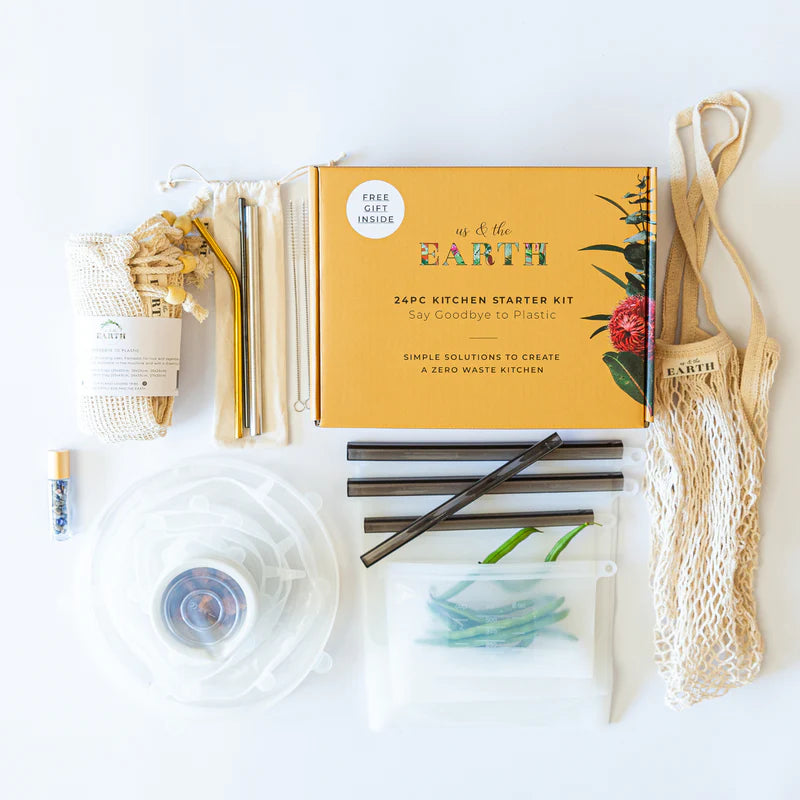
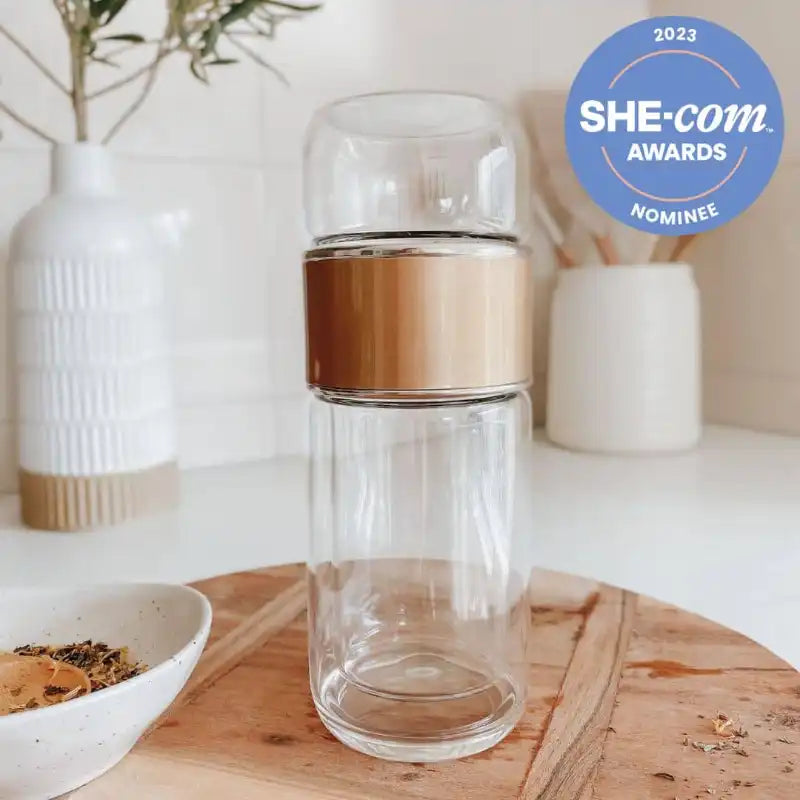
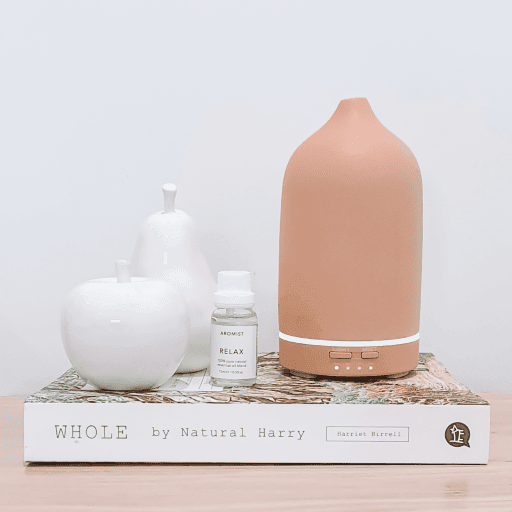

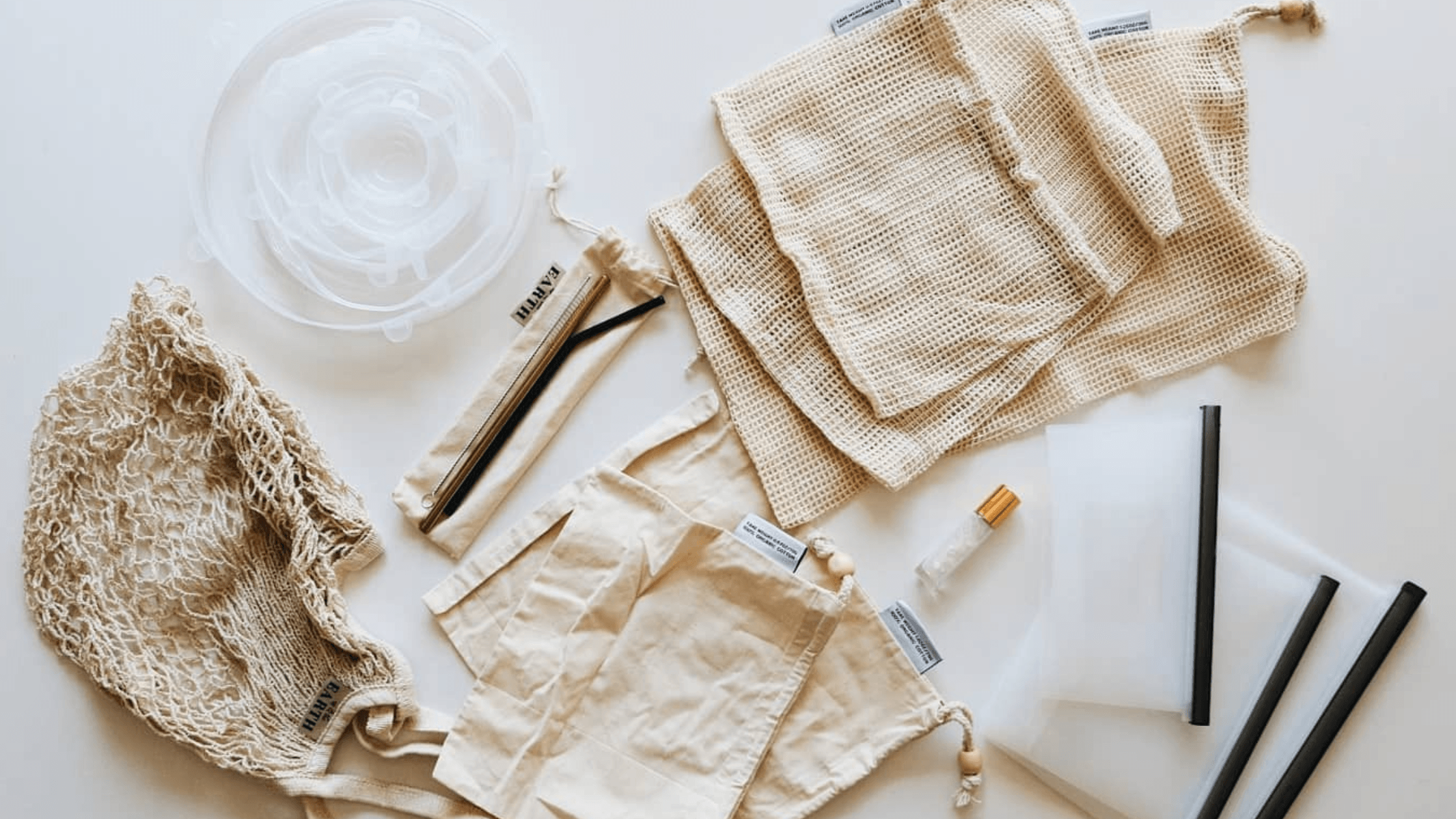

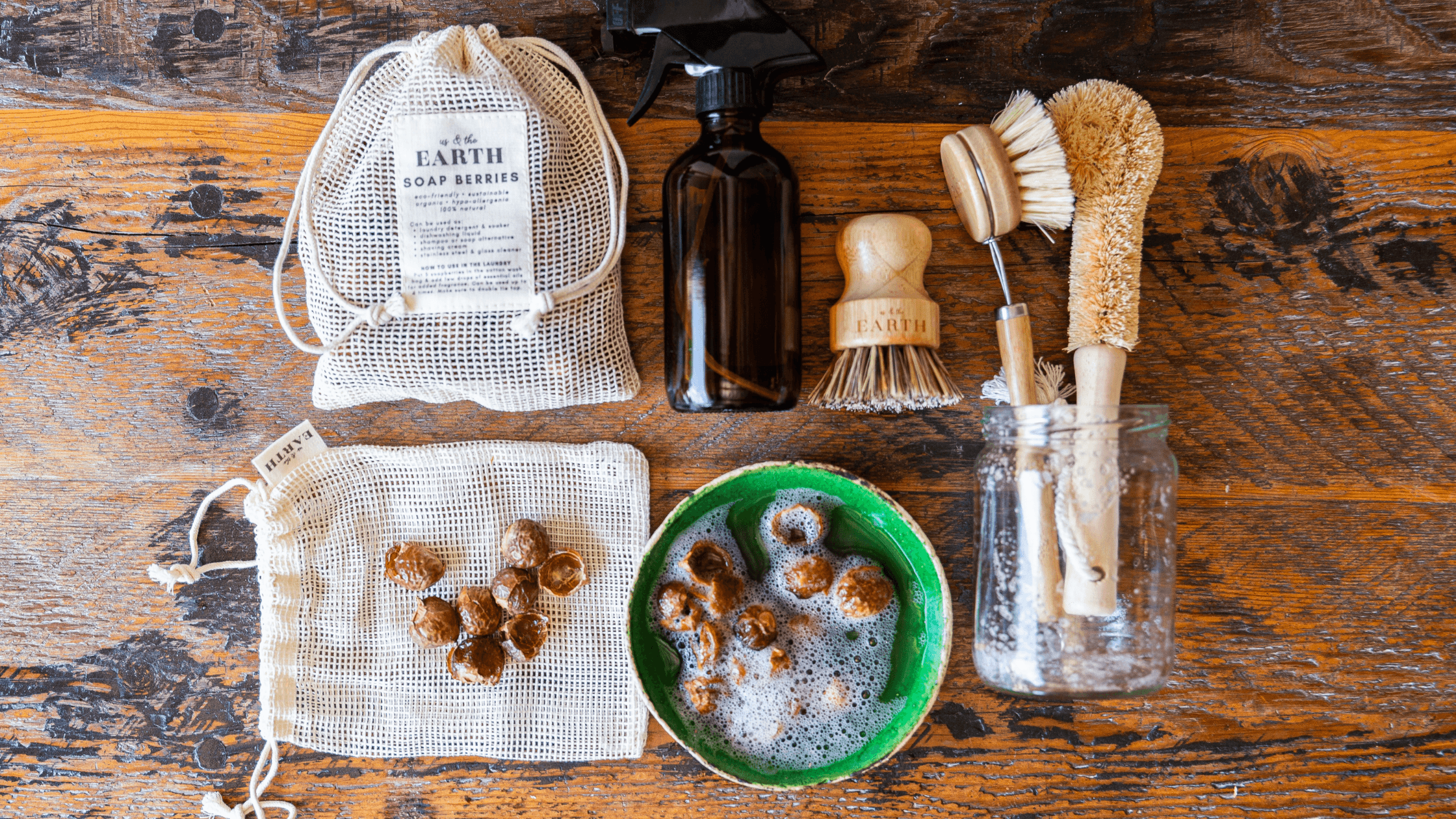







Leave a comment
This site is protected by hCaptcha and the hCaptcha Privacy Policy and Terms of Service apply.